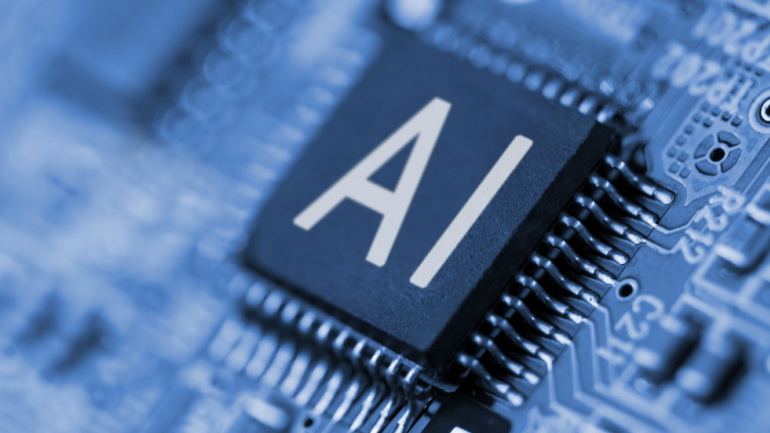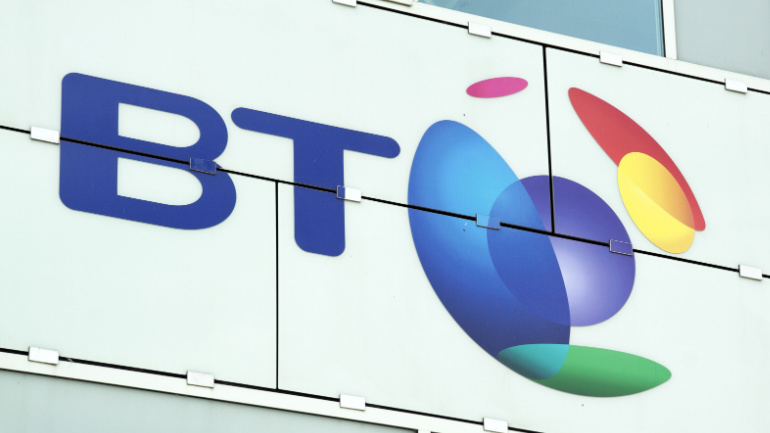In a strategic move aimed at bolstering Norway’s space capabilities, Telenor Norway has successfully concluded the sale of its satellite business to Space Norway for a staggering NOK 2.36 billion ($228 million). The transaction, which received approval from the Norwegian Parliament just before Christmas, marks a significant shift in ownership of Telenor Satellite, a leading European provider of satellite TV broadcast and VSAT data communications services for maritime and land-based sectors.
Navigating the shift from traditional to cloud-based communication systems amidst a growing hybrid work culture, HCS steps up to provide sustainable solutions. With a new division dedicated to this transition, the telecom giant anticipates significant returns and business expansion.
Ooredoo drives Qatar National Vision 2030 with a widespread fiber rollout, covering 99.9% of households, maintaining high service levels and introducing innovative technologies. Vodafone UK advocates for the implementation of 5G SA technology, citing its transformative impact on industries, such as renewable energy and agriculture. CableLabs has made strides in deploying 10G network in 2023, advancing DOCSIS 4.0 technology, issuing CPON architecture specifications, and accelerating FTTP adoption. Microsoft’s new Copilot key represents a groundbreaking addition to Windows keyboards, integrating AI seamlessly and signaling a significant shift after three decades.
In a strategic move, Intel has partnered with private equity firm DigitalBridge to introduce Articul8, a new company set to bring enterprise-grade generative AI technology to the market. Articul8 aims to provide corporate customers with a secure and vertically-optimized genAI software platform, designed to run seamlessly on Intel hardware, including Xeon processors and Gaudi AI accelerators.
Hyundai Motor and Kia are revolutionizing the amalgamation of mobility and living spaces by proposing the consolidation of home and car services. Assisting in this groundbreaking initiative is Samsung Electronics, providing the potential to transform our relationship between home and car via ‘Car-to-Home’ and ‘Home-to-Car’ services. This change promises remote control over various appliances through voice commands, as well as the ability to monitor and manipulate vehicle functions from home.
In a significant development, the National Telecommunications and Information Administration (NTIA) has released updated guidelines for the $42.5 billion Broadband Equity, Access, and Deployment (BEAD) program. The revised framework, known as Uniform Guidance, outlines rules and requirements for federal financial assistance awards and subawards, aiming to enhance the efficiency of the grant management process.
Navigating the challenging mandates of the dynamic telecommunications world, UK’s premier telecom operator, BT, stumbles upon an obstacle. The company has failed to adhere to the deadline for the complete removal of Huawei equipment from its core network. The deadline, already deferred twice, raises doubts over the telecom titan’s ability to successfully transition away from Huawei’s infrastructure within the stipulated timeframe. A UK law dictates all network carriers to rid their systems of Huawei equipment by the end of 2027.
Investigating the annual telecom standings in the DACH region unveils significant enhancements. Deutsche Telekom leads in Germany, marked by its thirteenth victory in Mobile network systems, with an improvement in 15 points. Austria’s competition ended with Magenta taking the top spot, entering the global Top 5 Club. Swisscom claimed victory in Switzerland for the sixth time in a row.
Disasters can disrupt businesses and organizations at any time. How can they prepare and ensure continuity of their essential functions? This article explores how VoIP, a flexible and reliable communication technology, can offer various advantages in disaster recovery and business continuity planning.
In response to reports detailing serious device failures during the transition from analogue to digital telephony, the UK’s Technology Secretary, Michelle Donellan, convened a meeting with telecom companies and regulator Ofcom. Following the discussions, phone providers, previously urged to pause any forceful transitions, have committed to a charter aimed at protecting vulnerable households, particularly those relying on personal alarms or telecare for remote support.













